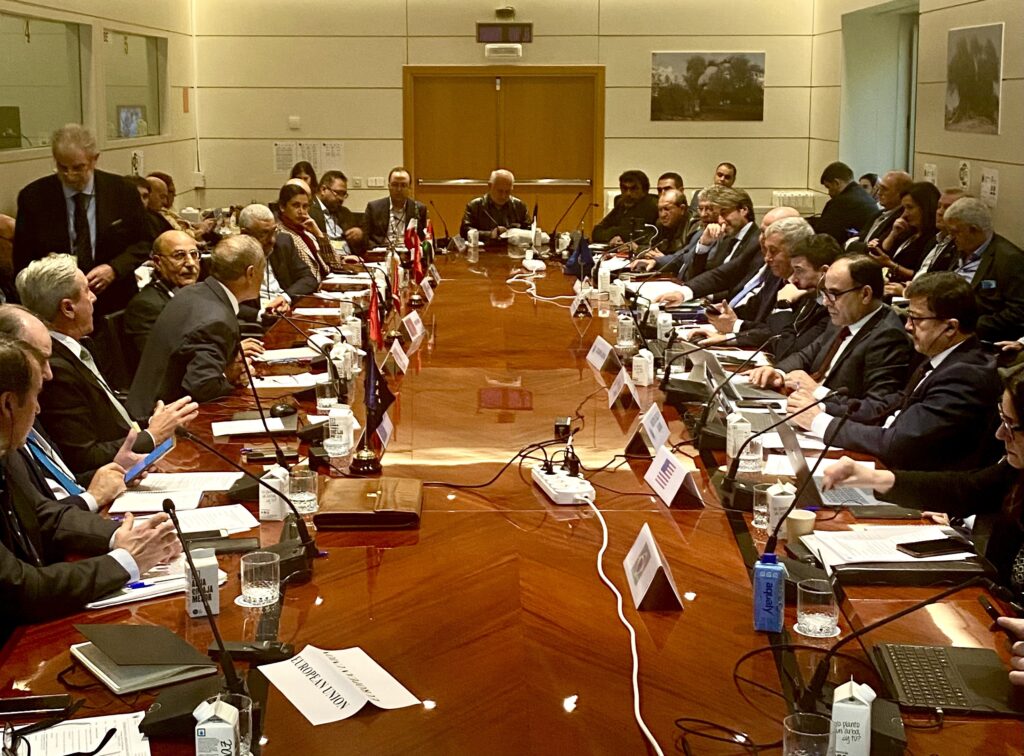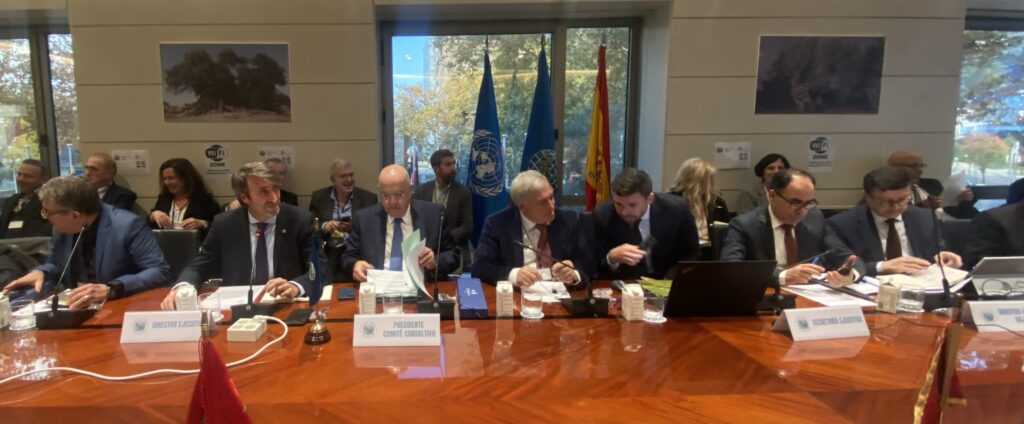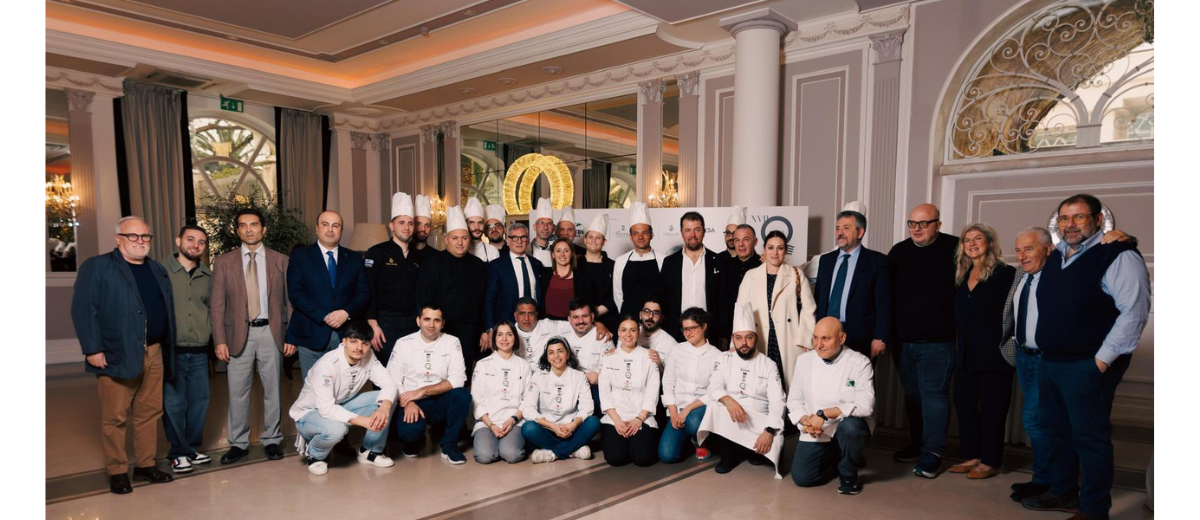Shaping the present and future of the olive sector
The International Olive Council (IOC) was proud to host its Advisory Committee (AC) meeting for its 63d edition on Tuesday 19 November 2024 at its headquarters in Madrid. Bringing together representatives and observers from the private sector – including producer, processor, trader and consumer representatives from across more than 30 countries – this gathering is a pivotal moment for collaboration and innovation within the global olive industry.
For over two decades, the AC has served as a vital platform for dialogue, fostering connections between industry stakeholders and the IOC, the world’s only intergovernmental organization exclusively dedicated to the olive oil and table olive sector. Together, they work to address critical challenges, identify emerging opportunities, and develop strategies to ensure the sustainability and growth of the olive sector.
 One of the key topics on the day’s agenda was sustainability and climate resilience. As the olive sector faces increasing pressures from climate change, participants discussed their needs and possible strategies to adapt and thrive. This includes exploring ways to safeguard olive groves, improve production, water and soil management techniques, and enhance biodiversity. In this line of work, many AC representatives applauded the IOC’s ongoing efforts to develop a methodology for calculating the carbon balance of olive groves in the framework of voluntary carbon credit markets. These discussions aimed to ensure that the olive sector remains environmentally sustainable while continuing to provide economic opportunities for growers worldwide.
One of the key topics on the day’s agenda was sustainability and climate resilience. As the olive sector faces increasing pressures from climate change, participants discussed their needs and possible strategies to adapt and thrive. This includes exploring ways to safeguard olive groves, improve production, water and soil management techniques, and enhance biodiversity. In this line of work, many AC representatives applauded the IOC’s ongoing efforts to develop a methodology for calculating the carbon balance of olive groves in the framework of voluntary carbon credit markets. These discussions aimed to ensure that the olive sector remains environmentally sustainable while continuing to provide economic opportunities for growers worldwide.
Another focus was on sector data, market trends and trade. With the global demand for olive oil and table olives steadily increasing, the Committee discussed market dynamics and identified opportunities for expansion into new regions, as well as addressing trade barriers and challenges that could hinder growth. AC representatives stressed the importance of ensuring that country data is accurate, as a key step toward working on solutions that promote fair and open international trade.
The Committee delved into innovation and quality standards, recognising that advancements in production techniques, processing methods, and quality assurance were critical to maintaining the olive sector’s reputation for excellence. Discussions highlighted new technologies and best practices that enhanced productivity while preserving the authenticity and quality of olive products. These initiatives were deemed essential for ensuring consumer trust and satisfaction in the global market.
AC representatives welcomed the IOC’s efforts in panel recognition and the establishment of expert working groups, acknowledging their pivotal role in promoting excellence and collaboration within the sector. They also highlighted the importance of encouraging communication strategies aimed at reaching younger audiences, emphasising the incredible benefits and attributes of olive oil as a key part of a healthy and sustainable lifestyle.
This timely gathering reflects the IOC’s commitment to uniting the olive sector’s private and public spheres, driving forward initiatives that not only benefit the olive sector but also support the health of people and the planet.
Stay tuned for updates on the outcomes of this important meeting and the future initiatives it will inspire. For more information about the IOC Advisory Committee and its mission, visit the IOC’s website.

The IOC established its Advisory Committee in 1991 to foster collaboration between industry stakeholders and policymakers, addressing challenges and promoting the growth of the global olive sector. Since its inception, the AC has convened regularly, bringing together representatives from multiple countries to discuss sustainability, market trends, and innovation within the industry. These meetings have been instrumental in shaping strategies that ensure the sector’s resilience and continued sustainable growth.









